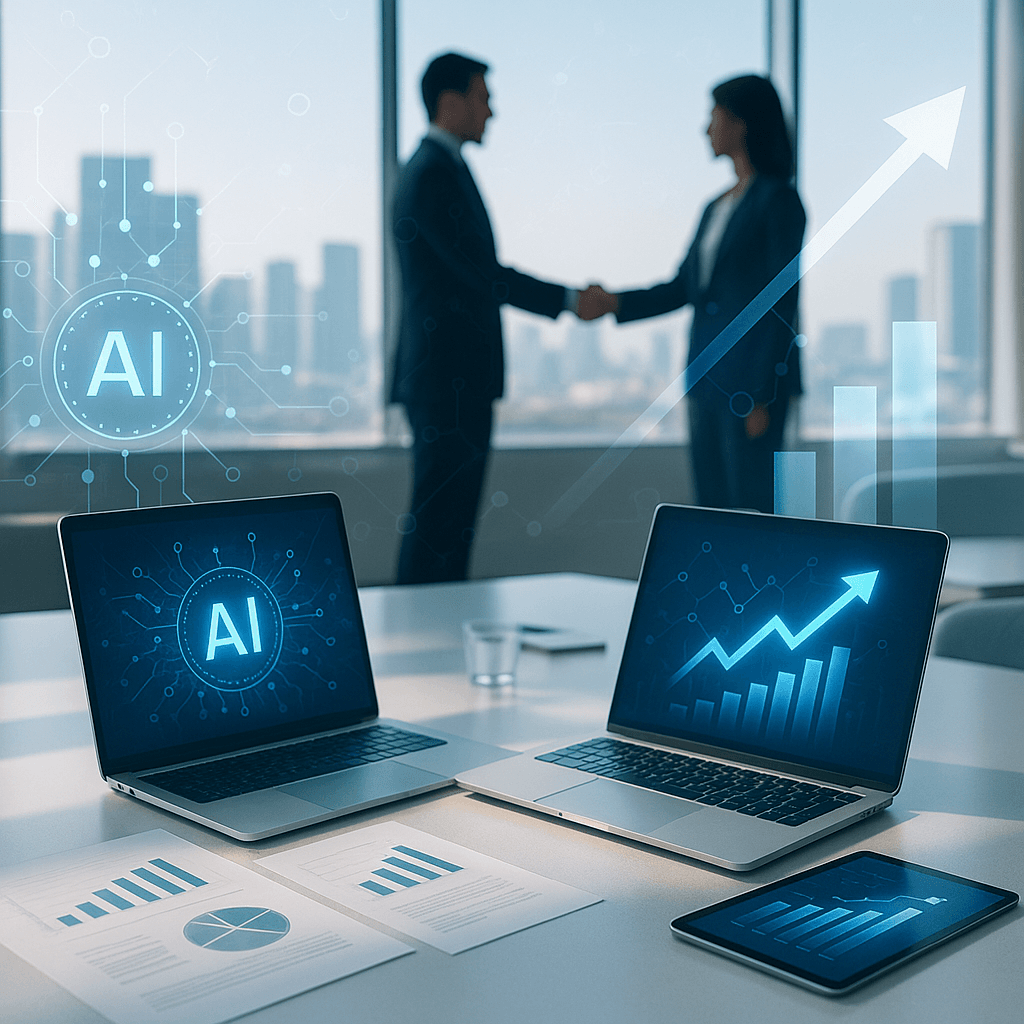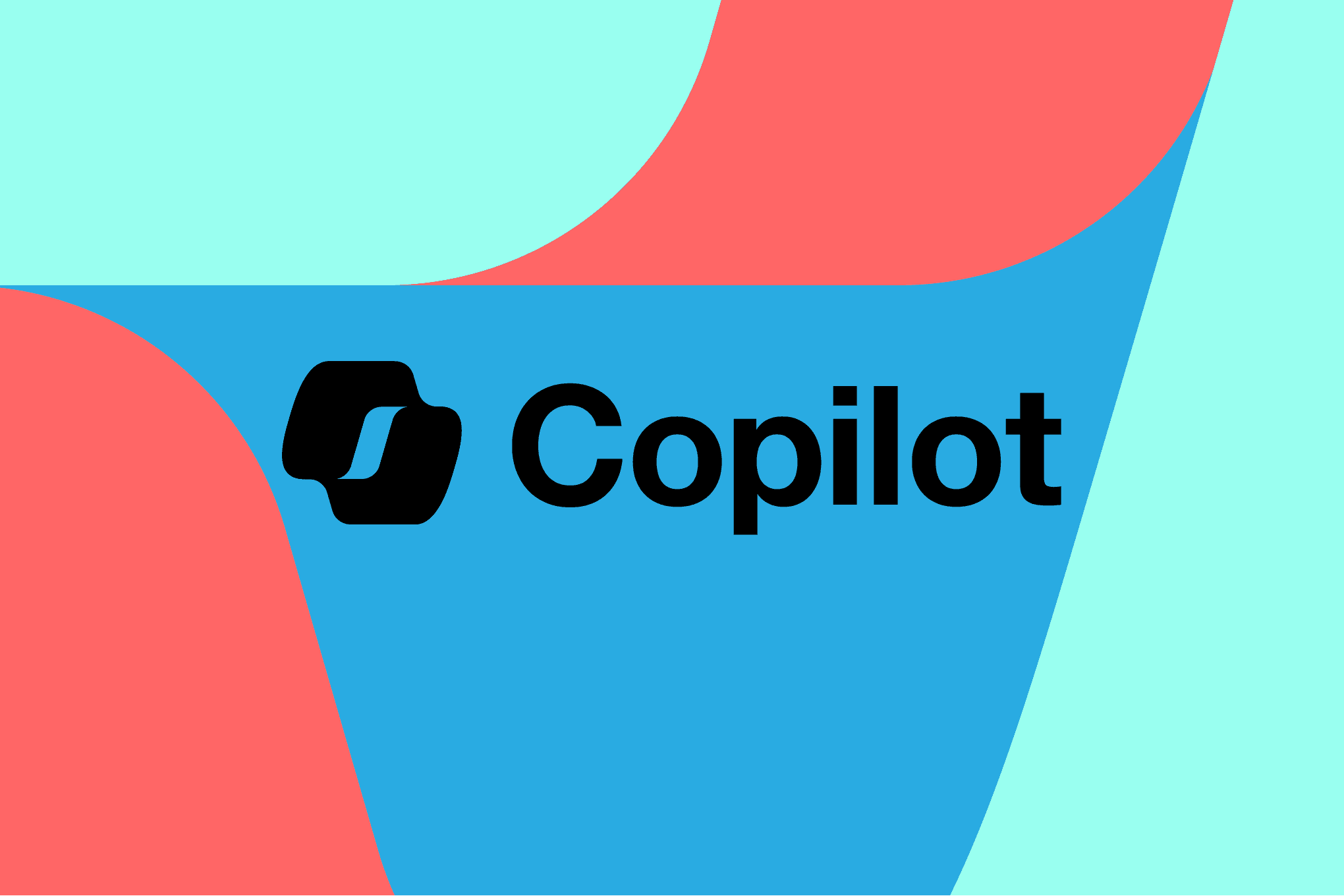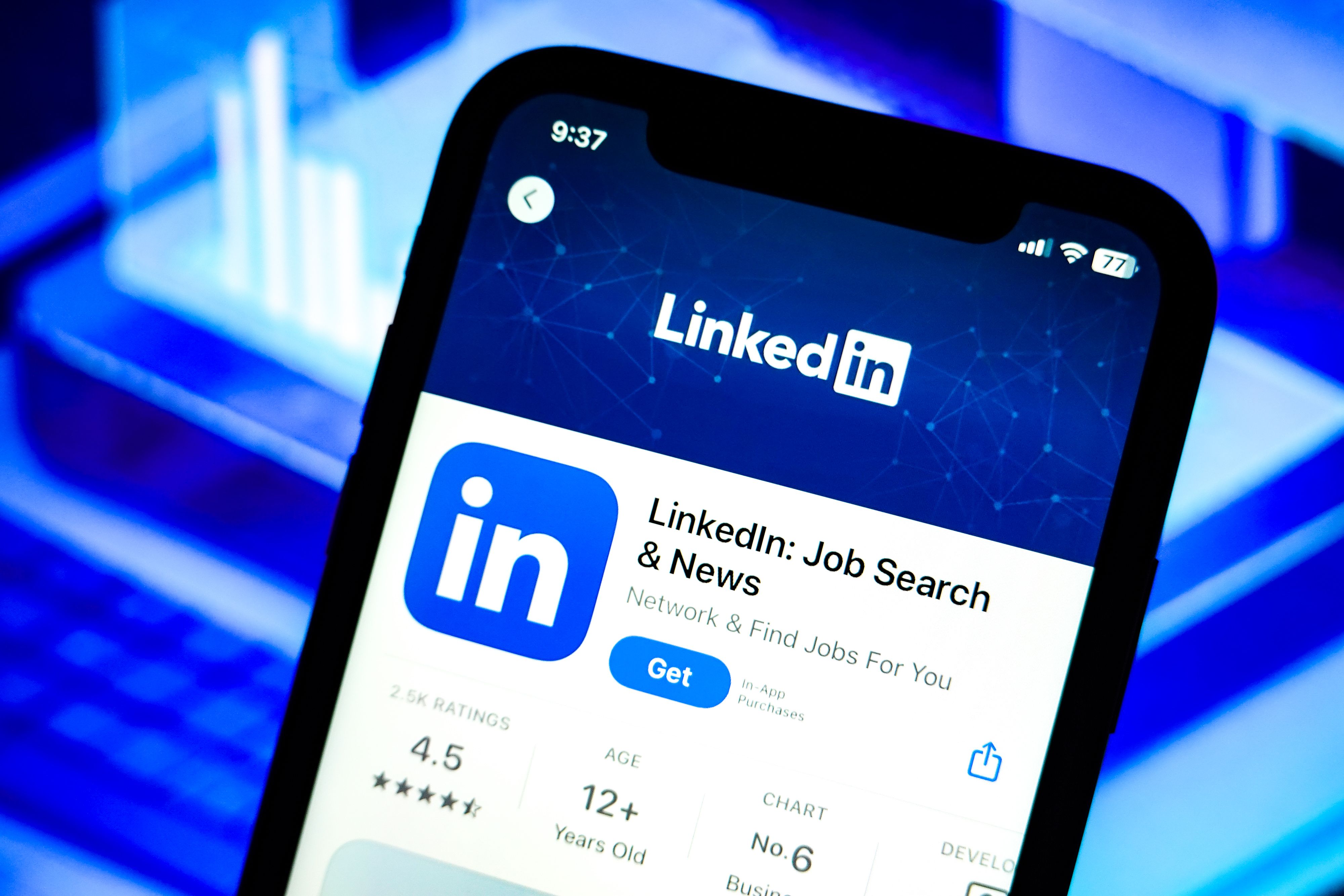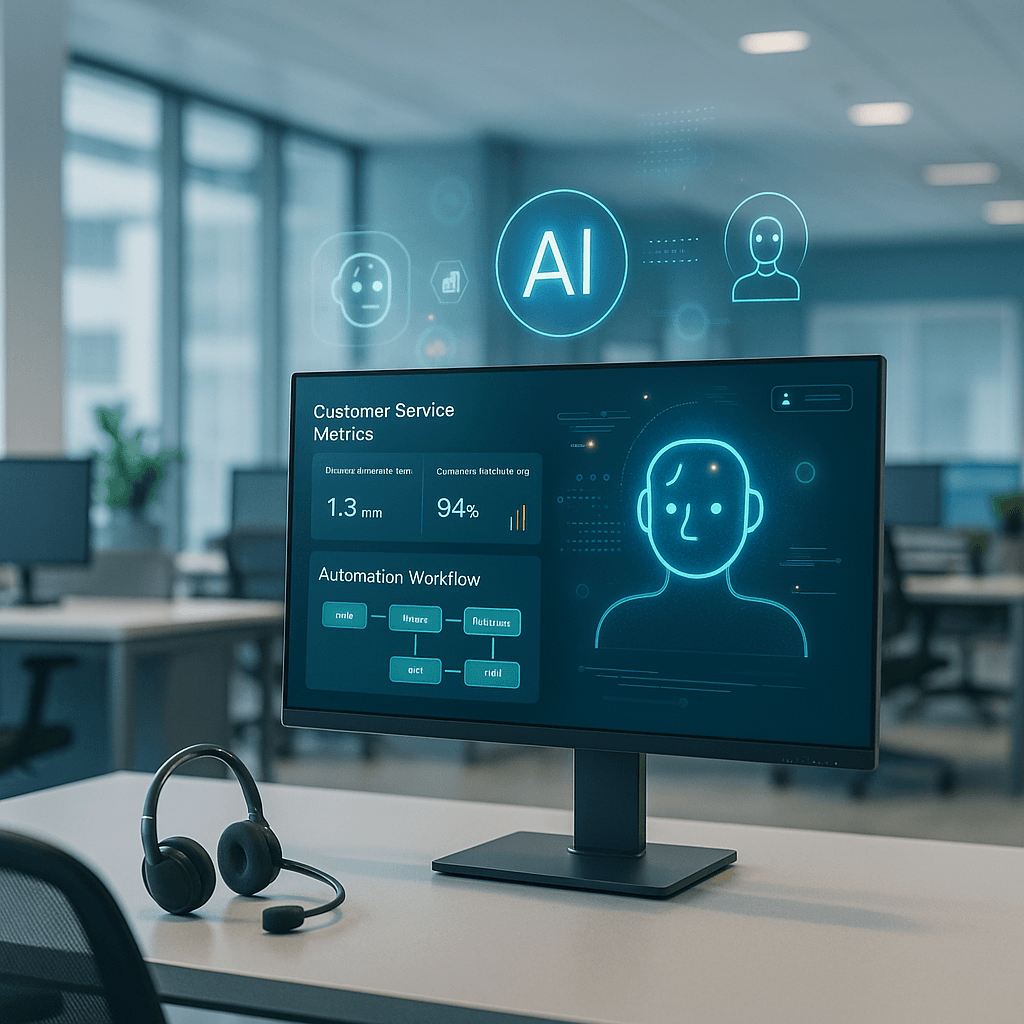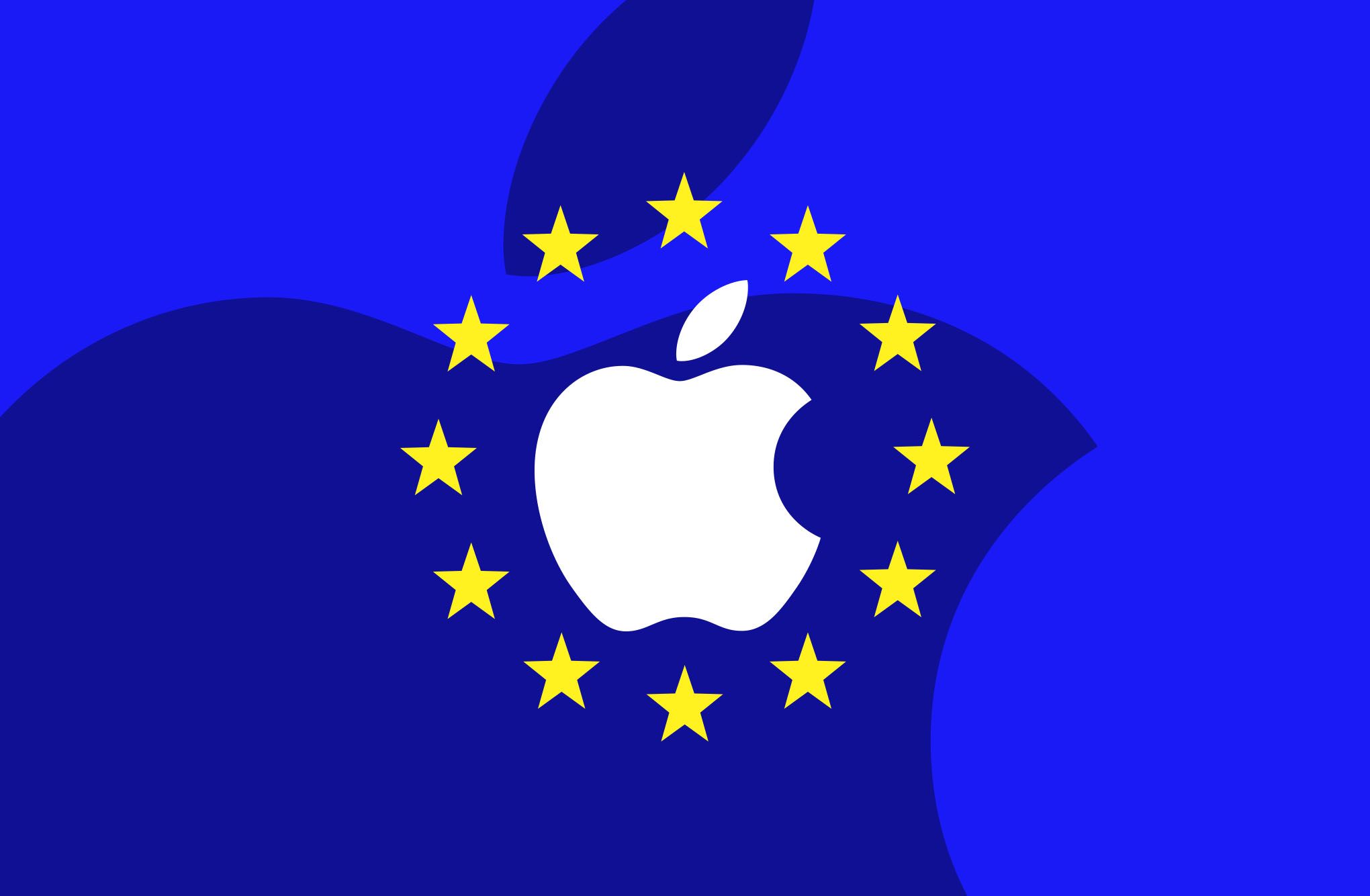OpenAI just cleared its biggest hurdle for going fully for-profit. The AI powerhouse secured Microsoft's blessing Thursday for a corporate restructuring that values its nonprofit stake at over $100 billion - dwarfing Elon Musk's rejected $97 billion takeover bid. The move sets up OpenAI for massive funding rounds and a potential IPO, ending months of tense negotiations between the ChatGPT maker and its largest investor.
OpenAI just broke free from its biggest constraint. After months of behind-the-scenes tension, Microsoft agreed Thursday to let the AI company restructure into a public benefit corporation - a move that could unlock billions in new funding and pave the way for an eventual IPO.
The non-binding memorandum of understanding values OpenAI's nonprofit stake at over $100 billion, according to a joint statement from both companies. That's bigger than the $97 billion unsolicited takeover bid Elon Musk floated earlier this year, which OpenAI's board promptly rejected.
OpenAI Board Chairman Bret Taylor emphasized that the nonprofit will continue to exist and retain control over operations, even as the for-profit arm gains more flexibility to raise capital. "We are actively working to finalize contractual terms in a definitive agreement," the companies said, signaling this is just the beginning of a complex transition.
The breakthrough follows what The Wall Street Journal described as tensions reaching "a boiling point" between the two tech giants. The friction centered on control - Microsoft wanted to maintain its grip on OpenAI's technology and cloud infrastructure, while OpenAI pushed to loosen those constraints as ChatGPT exploded into a multi-billion dollar business.
One flashpoint involved Windsurf, an AI coding startup OpenAI planned to acquire. Microsoft reportedly demanded control over Windsurf's technology, while OpenAI fought to keep the IP independent. The deal ultimately collapsed, with Windsurf's founders ending up at Google and the remaining staff acquired by Cognition.
Under their current partnership, Microsoft gets preferred access to OpenAI's models and serves as the primary cloud provider - an arrangement that made sense when Microsoft first invested in 2019. But ChatGPT's explosive growth changed everything. The AI assistant now generates massive revenue, giving OpenAI leverage it didn't have during those early funding rounds.
